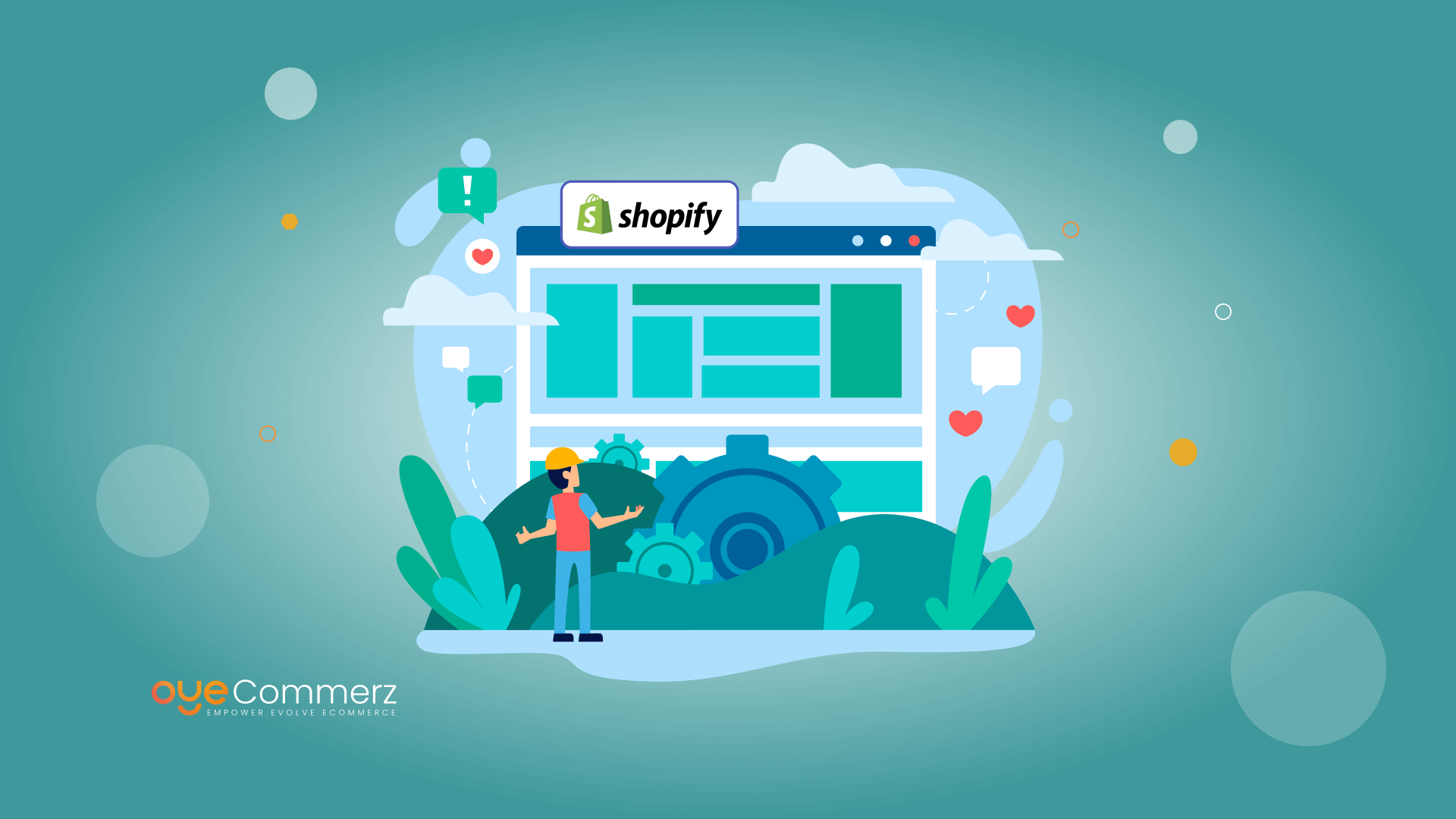Overview
In today’s competitive e-commerce landscape, standing out is paramount, and a top method to set apart a Shopify store is through tailored app creation. A robust Shopify app can boost store capabilities, simplify processes, and boost customer interaction. This guide delves into essential elements of Shopify app development, from API integration to scaling strategies and promotion methods, offering a roadmap for businesses looking for superior store efficiency.
Why Shopify API Integration Matters
Shopify’s API offers robust tools to customize and expand store functionalities. With the GraphQL and REST API options, developers can retrieve information to create apps that manage inventory control, order processing, and customer data management seamlessly. Using Shopify’s API can lead to better workflow automation and enables stores to assist shoppers more effectively.
Adopting the Polaris Design System
Shopify’s Polaris is Shopify's set of design guidelines for creating intuitive and accessible Shopify apps. By adhering to Polaris principles, developers ensure that apps integrate smoothly within the Shopify Admin experience. This ensures a cohesive appearance that resonates with Shopify merchants, encouraging ease of use and comfort for merchants utilizing your custom app.
Navigating the Shopify App Ecosystem
The Shopify app ecosystem offers endless possibilities for improving online stores. From handling order fulfillment to increasing customer engagement, apps in this ecosystem are designed to meet diverse business needs. Learning about this ecosystem helps developers in identifying unique app ideas and allows for seamless integration of external tools that enhance the store.
Building Embedded Shopify Apps
Embedded apps work seamlessly within the Shopify Admin, allowing a seamless experience for merchants. They allow merchants do not need to leave their Shopify control panel, streamlining their workflow. Employing Shopify App Bridge and embedded app capabilities is recommended for providing a cohesive, integrated user experience.
Leveraging Node.js and React for Shopify Development
The technologies Node.js and React have emerged as ideal tools for Shopify app creation. Node.js enables efficient server-side applications, while React enables dynamic, responsive front-end design. Together, they provide an excellent framework for building fast, growth-ready Shopify apps that improve store functionality and customer engagement.
Webhooks in Shopify Apps
Webhooks enable instant data updates between Shopify and an outside application. They trigger events such as order creation or inventory updates and send instant notifications to your app. By implementing webhooks, apps can provide up-to-date insights for store owners, simplifying processes and boosting productivity.
Customer Engagement and Digital Marketing for Shopify Apps
To make a Shopify app successful, engaging customers is crucial. Utilizing online marketing techniques like SEO, email marketing, and social media campaigns can increase app usage. Enhance Shopify sales channels Additionally, creating applications with customer engagement in mind (e.g., loyalty programs or personalized suggestions) increases user retention and loyalty.
Making Your Shopify App Scalable
As e-commerce stores expand, so do their technological needs. Ensuring that your app can manage increased traffic, larger data sets, and more advanced functionalities is essential. By optimizing server capacity and implementing scalable technologies, you can create apps that expand in tandem with a store’s success.
Important Features and Maintenance Tips for Shopify Apps
For an app to be useful, it should offer essential features like user authentication, analytics dashboard, and support channels. Regular app upkeep, Maintenance for Shopify apps with updates to fix bugs and compatibility checks with new Shopify features, is important to maintain uninterrupted performance and prevent disruptions to merchant workflows.
Conclusion
Custom Shopify app development offers immense opportunities for e-commerce businesses, providing the chance to enhance performance, simplify operations, and build customer relationships. From integrating APIs to ensuring scalability and customer engagement, building a Shopify app involves thoughtful preparation and strategic execution. If you’re prepared to unlock your store’s full potential, a custom Shopify app could be the perfect choice. What features do you envision for your dream application? Share your thoughts and take the first step toward an enhanced e-commerce experience!
